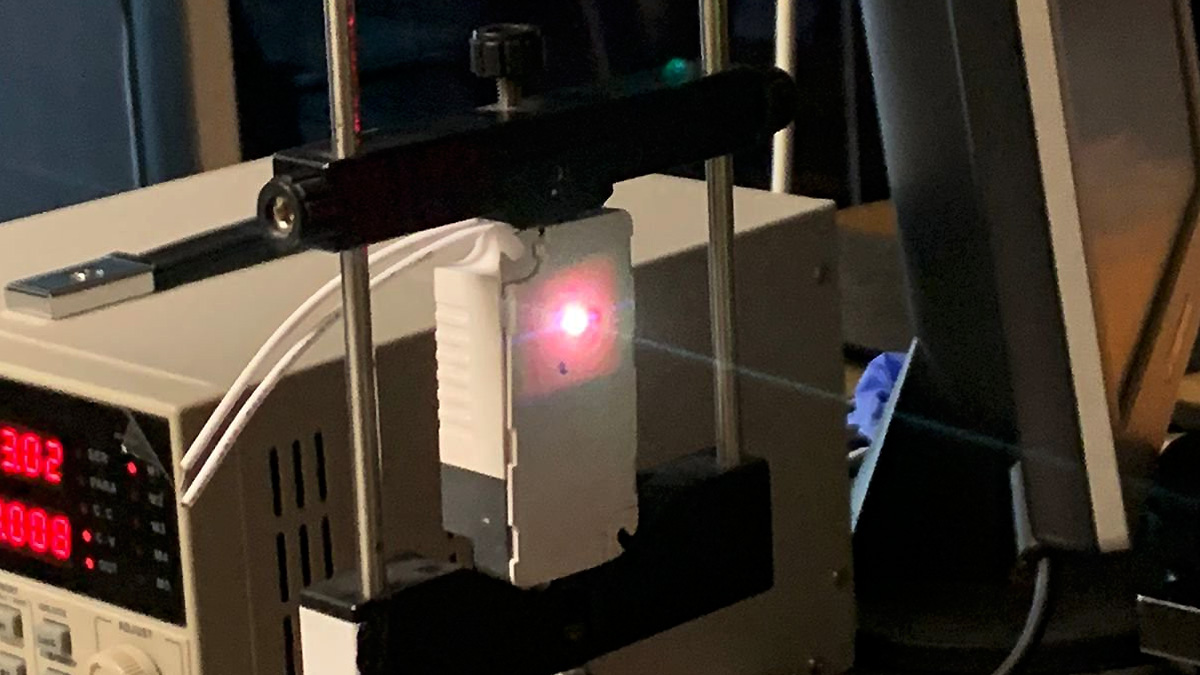
Robots are devaluing and derailing workers' careers in both manufacturing and other jobs tied to regional economics, according to a recent study. This decrease in career opportunities has boosted support for populist political candidates like Donald Trump. In a paper titled "Automation, Career Values, and Political Preferences," distributed via the National Bureau of Economic Research, economists Maria Petrova (Pompeu Fabra University), Gregor Schubert (UCLA), Bledi Taska (VP of analytics at SkyHive), and Pinar Yildirim (Wharton) analyzed data from a resume database of about 16 million individuals in the US to calculate the lifetime "career value" of various occupations.
"Career value" is a measure of expected future income. It incorporates the likelihood of future job transitions and the earning potential of present and future occupations. It's essentially an estimation of the opportunity to prosper by climbing the career ladder.
The study finds that the adoption of robots for industrial work contributes to the reduction in average local labor market career values. "One additional robot per 1,000 workers decreased the average local market career value by $3.9K between 2004 and 2008 and by $2.
48K between 2008 and 2016, corresponding to 1.7 percent and 1.1 percent of the average career values from the year 2000," the study observes.
"In commuting zones that have been more exposed to robots, the average career value has declined further between 2000 and 2016. This decline was more pronounced for low-skilled individuals, with a substantial part of the decline coming from their reduced upward mobility." Essentially, exposure to robots reduces career value by driving more job transitions to similar-paying jobs and fewer transitions to better-paying ones.
And lower-skill workers had a particularly hard time maintaining upward job mobility. "We found that in regions with higher robot adoption, career mobility – defined as the ability to move into better-paying, higher-responsibility roles – has steadily declined since 2000," explained Taska, one of the co-authors, in a social media post . "It's not just about robots replacing jobs.
It's about robots reducing the opportunities for people to improve their lives. For many workers, particularly low-skilled ones, the ladder to higher-paying jobs is disappearing." Yildirim, another co-author, explained in a Wharton Business Daily podcast that the most negative effects occurred in the Rust Belt area, where industrial robots have seen wide use.
What's surprising, she noted, is that the effect of automation isn't confined to the manufacturing sector. It also affects service and retail jobs in the area. "When robotization technologies start to take over some jobs in manufacturing," she observed, "[the] negative effects are actually felt beyond those industries .
.. We didn't expect to find these other industries to be affected negatively – almost equally negatively to manufacturing industries.
" The reason for this is that workers in an area affected by robots have less money to spend – either for their own housing and education, or for products and services. Taska said that one of the most interesting findings is the link between reduced career opportunities and political behavior. "Areas most affected by robotization saw stronger support for populist candidates like Donald Trump in 2016," he noted.
"The connection between career uncertainty and political realignment is clear: as people lose faith in their ability to advance economically, they seek alternative political solutions." ®.














